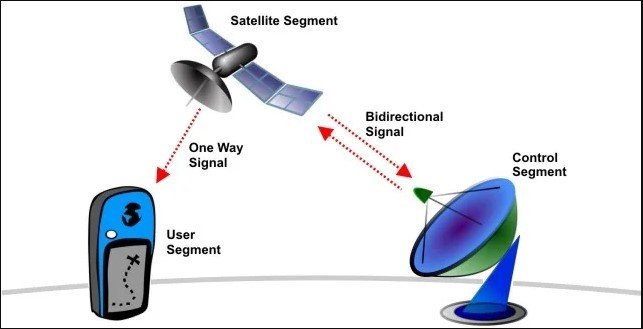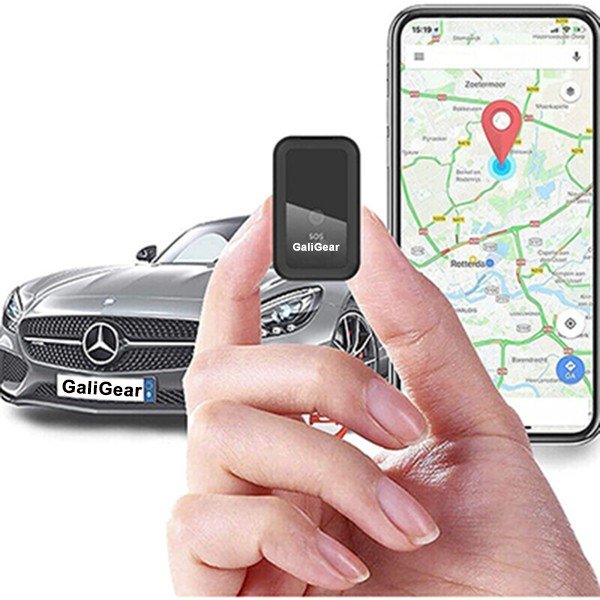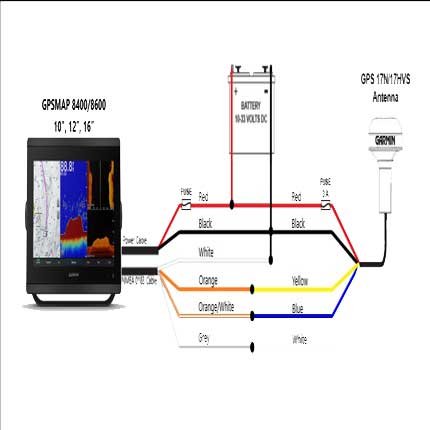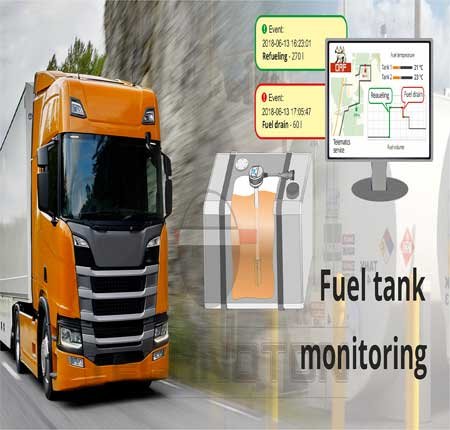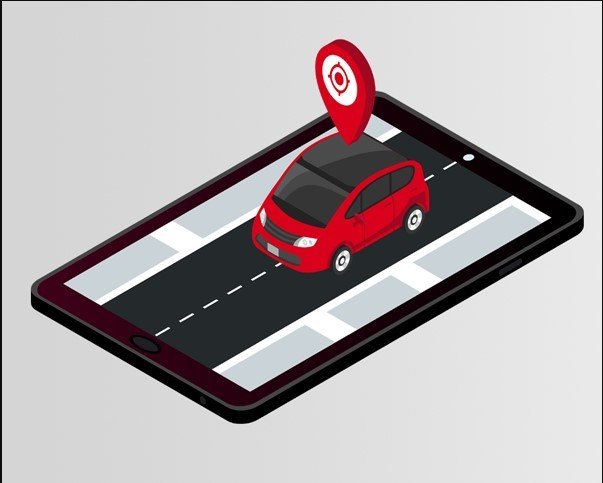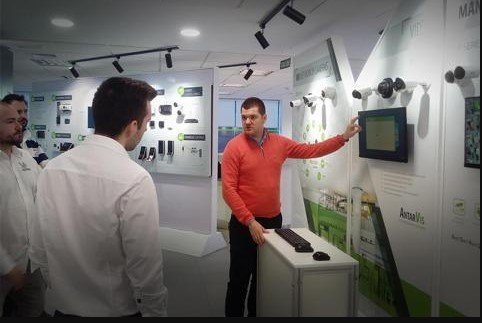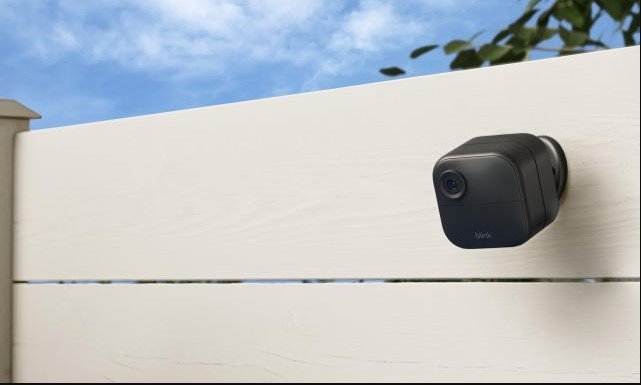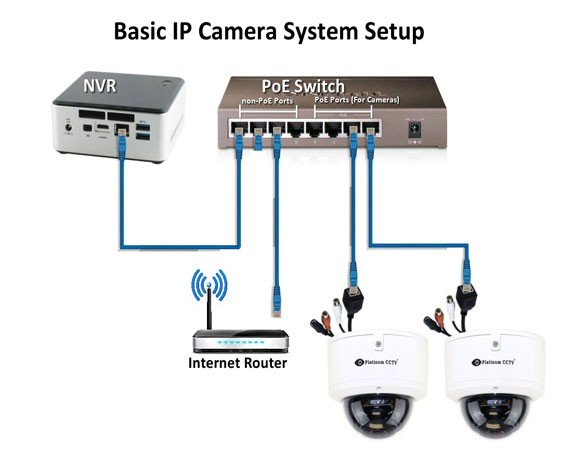The global positioning system is appropriate for any country’s CCTV and vehicle tracking industry?
Global Positioning System (GPS) is highly appropriate and widely used in the CCTV and vehicle tracking industries around the world for several reasons:
Read More
- Vehicle Tracking:
- GPS enables precise real-time tracking of vehicles, which is essential for fleet management, logistics, and security purposes. It allows businesses to monitor the location, speed, and route of vehicles, improving efficiency and safety.
- GPS tracking is also used for theft recovery and driver behavior monitoring, which can help reduce operational risks and costs.
- CCTV Integration:
- In combination with CCTV systems, GPS can provide location-based data, making surveillance more effective. For instance, in mobile systems like buses or law enforcement vehicles, GPS helps in tagging the location with the recorded footage, providing critical context to the video.
- This integration is especially useful for tracking incidents in real-time and ensuring that the correct location is always linked with the video footage.
- Global Applicability:
- GPS works worldwide, making it a universal solution for vehicle tracking and CCTV systems in any country. It provides the same level of functionality, regardless of geographic location, which is critical for multinational companies and industries.
- Security and Law Enforcement:
- Law enforcement agencies use GPS in combination with CCTV to monitor high-risk areas, track suspects, and coordinate responses in emergency situations.
5. Geofencing for Enhanced Control
- GPS allows for the creation of geofences, virtual boundaries around specific geographic areas. This is particularly useful in fleet management, where companies can set boundaries and receive alerts when a vehicle enters or exits a designated area.
- Similarly, for CCTV, geofencing can trigger video recording or alerts when activity is detected in restricted zones, improving security and response times.
6. Asset Protection and Anti-Theft Solutions
- GPS-based vehicle tracking provides an additional layer of protection against theft. If a vehicle or asset moves outside an allowed area or deviates from a planned route, immediate alerts are generated, allowing for faster recovery and intervention.
- GPS can be paired with CCTV to capture the theft incident on video, which assists law enforcement in identifying suspects and recovering stolen goods.
7. Fleet Optimization and Cost Efficiency
- By tracking vehicles in real time, GPS helps businesses optimize routes, reduce fuel consumption, and improve delivery times. This kind of efficiency leads to reduced operational costs.
- Maintenance schedules for fleets can also be managed based on GPS data (e.g., mileage tracking), allowing for better upkeep of vehicles, further lowering the cost of breakdowns and repairs.
8. Public Transportation and Safety
- In public transportation systems (buses, taxis, etc.), GPS provides essential data for live tracking of vehicles, allowing passengers to monitor the real-time location of their bus or train.
- CCTV systems in public transport vehicles equipped with GPS improve safety for passengers by ensuring that incidents are recorded and can be located by time and place, aiding law enforcement in investigations or dispute resolution.
9. Logistics and Supply Chain Management
- GPS-enabled vehicle tracking is a game-changer for the logistics and supply chain industry. It allows companies to track shipments from dispatch to delivery, improving overall visibility and accountability.
- In high-value goods transportation, combining GPS with CCTV adds another layer of security, ensuring goods are monitored in real-time, with footage available for review if needed.
10. Environmental Monitoring and Sustainability
- GPS vehicle tracking can help reduce the carbon footprint of businesses by optimizing routes to minimize fuel consumption and emissions. This aligns with environmental goals and sustainability practices adopted by many organizations today.
- For government agencies or environmental watchdogs, GPS and CCTV are often used together to monitor protected areas, detect illegal activities, and ensure the conservation of resources.
11. Improved Emergency Response
- GPS-based tracking in emergency vehicles (ambulances, fire trucks, police cars) enables dispatchers to send the nearest available unit to a scene, reducing response time.
- Integration with CCTV in these vehicles adds another layer of data, capturing footage at the scene for later analysis, which is useful for training, audits, and investigations.
12. Data Collection and Analysis
- GPS systems generate valuable data on traffic patterns, travel times, and vehicle performance. This data can be analyzed to identify trends, inefficiencies, and areas for improvement in fleet management.
- CCTV footage combined with GPS location data provides actionable insights for businesses, from identifying traffic congestion points to evaluating how long vehicles remain at specific locations.
13. Insurance Benefits and Risk Management
- Many insurance companies offer discounts for businesses that use GPS tracking systems for their vehicles. The ability to track vehicle movement, driver behavior, and location helps reduce risk, leading to fewer accidents, claims, and losses.
- Additionally, in the event of an accident, GPS and CCTV data can serve as valuable evidence in insurance claims, helping to determine fault and reducing the likelihood of disputes.
14. Cross-Border Applications and Regulatory Compliance
- GPS is a global system, making it an ideal tool for industries operating across borders. For instance, international logistics companies benefit from a seamless tracking system that works in multiple countries.
- Furthermore, many countries are now mandating the use of GPS-based tracking in specific industries, such as commercial trucking and hazardous materials transportation, making compliance easier with GPS technology integrated into their operations.
15. Versatility and Scalability
- GPS technology is versatile and scalable, fitting the needs of small businesses with a few vehicles as well as large enterprises with extensive fleets.
- Its integration with CCTV systems, both fixed and mobile, ensures flexibility in addressing specific industry requirements, whether it's for small private security firms or large public safety organizations.


